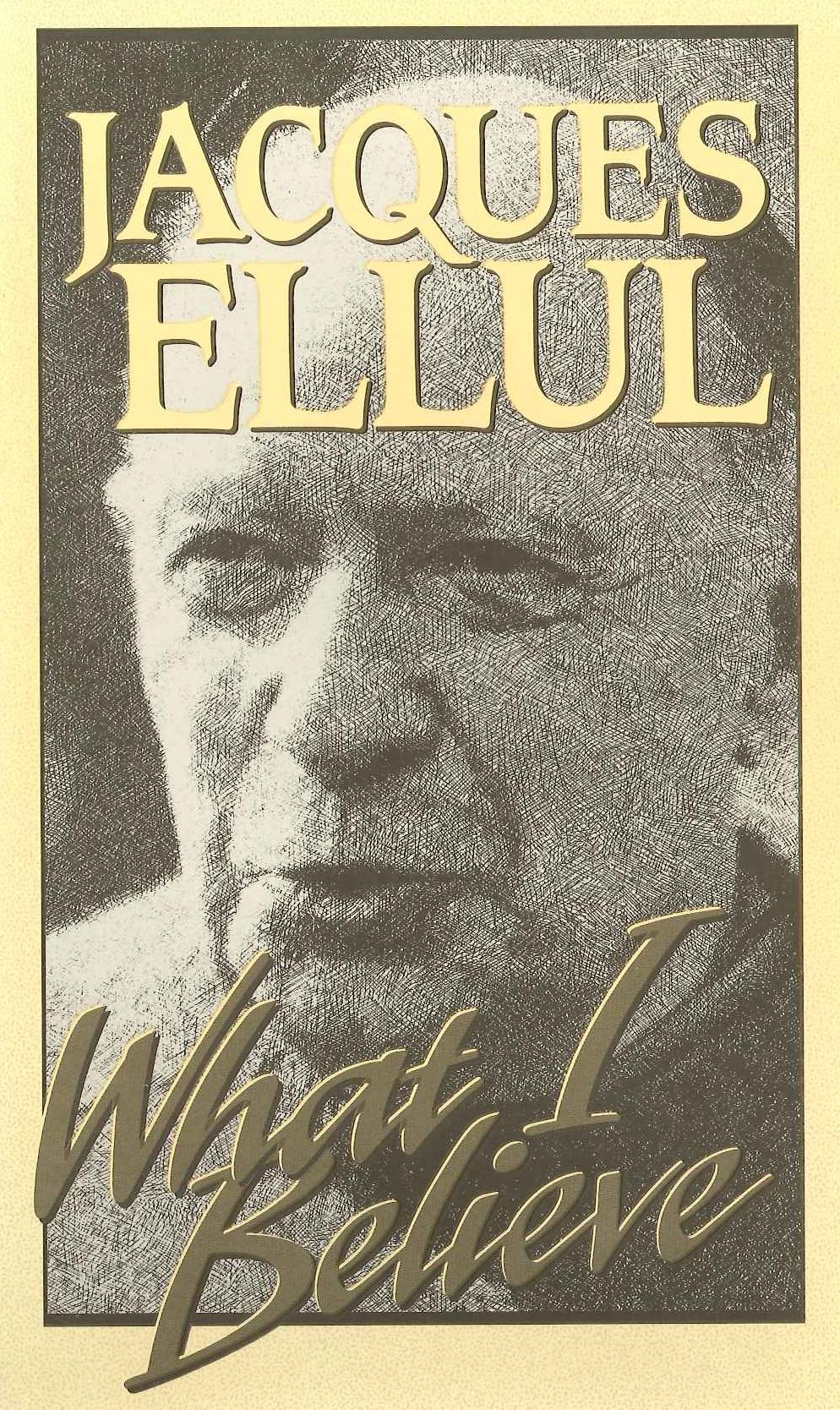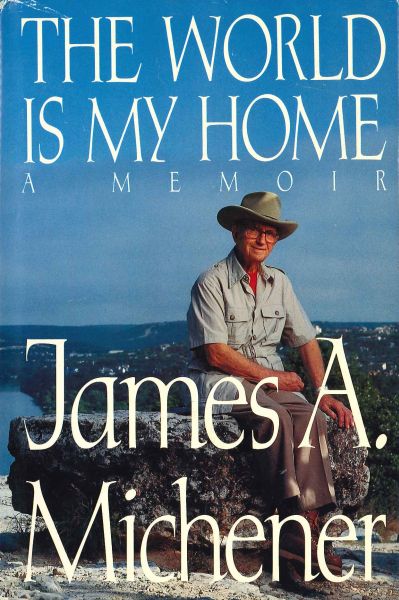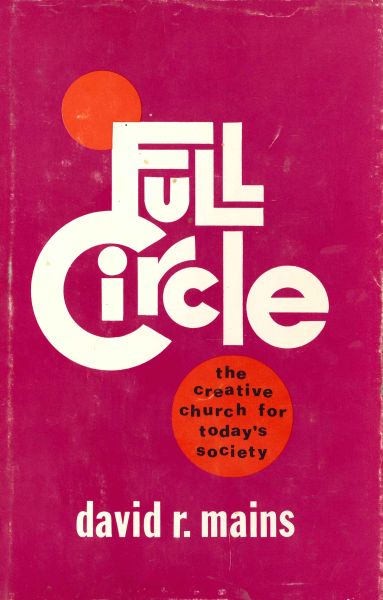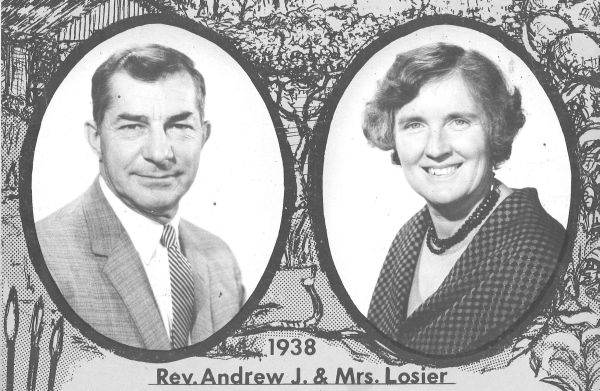God sent his Son, born of a woman, born under the law, in order to redeem those who were under the law, so that we might receive adoption as children. And because you are children, Cod has sent the Spirit of his Son into our hearts, crying, “Abba! Father!” — Galatians 4:4-6
In the spring of 1998, shortly after Easter, my wife, Karen, and I traveled to Guatemala to meet our first child, Magdalena. We sat expectantly in our hotel room that morning, talking and praying, trying to quiet our hearts caught in the sway of so much emotion. At noon there was a knock; in walked our lawyer, our translator, and Maria, Magdalena’s foster mother.
Maria placed three-and-a-half-month- old Magdalena in Karen’s arms, and we both shed tears of joy and relief. Maria had dressed Magdalena up for the occasion and wrapped a white ribbon around her head. She was beautiful.
When we sat down to talk about things like bottles and diapers, Karen took notes while Maria sat next to me with Magdalena on her lap. Magdalena and I locked gazes and seemed to recognize each other immediately, father and daughter. She smiled. I was in love. “Go to your papa,” Maria said, presenting her to me.
This meeting heralded the end of a long wait. We had submitted our application at the beginning of Advent, making the anticipation of the Christ child very special that year. The story of Mary took on new meaning for me; she was a young woman who conceived a child out of wedlock.Joseph married her, never mind social stigma or scorn. He loved Jesus, and adopted him as his son. Our Savior was not born into ideal or fortunate circumstances. I understood this more deeply now.
Magdalena was born on New Year’s Day. We were notified shortly afterward. The wait until our spring meeting seemed interminable; we could hardly bear it.
But during that time a friend, also an adoptive father, said to me that our way of building a family mirrors the gospel. The Old Testament, he suggested, is about biology, who begat whom, the salvation of Israel and the Jewish people. The New Testament is about adoption, the grace of God extended to all of us as a free gift, regardless of the circumstances of our birth. God woos us to come, see His face, and find our true identity. We all can become God’s children.
We repeated the adoption process four years later when our son, Teodor, came to us and completed our family. When I look back, I see that as I anticipated my children’s homecomings, I might have had a small glimpse of God’s yearning for each of us.
Greg Halvorsen Schreck,Chair and Associate Professor of Art, has taught photography at Wheaton since 1989, in addition to accepting commissions as a fine art and portrait photographer He and his wife, Karen Halvorsen Schreck ’84, and their two children, Magdalena and Teodor, live in Wheaton. (Wheaton Magazine, Autumn 2006).
 Dawn Earl, Director of Alumni Relations at Wheaton Academy, has published Celebrating God’s Unfolding Story: 160 Years and Beyond (2014), relating the history of the school.
Dawn Earl, Director of Alumni Relations at Wheaton Academy, has published Celebrating God’s Unfolding Story: 160 Years and Beyond (2014), relating the history of the school.







